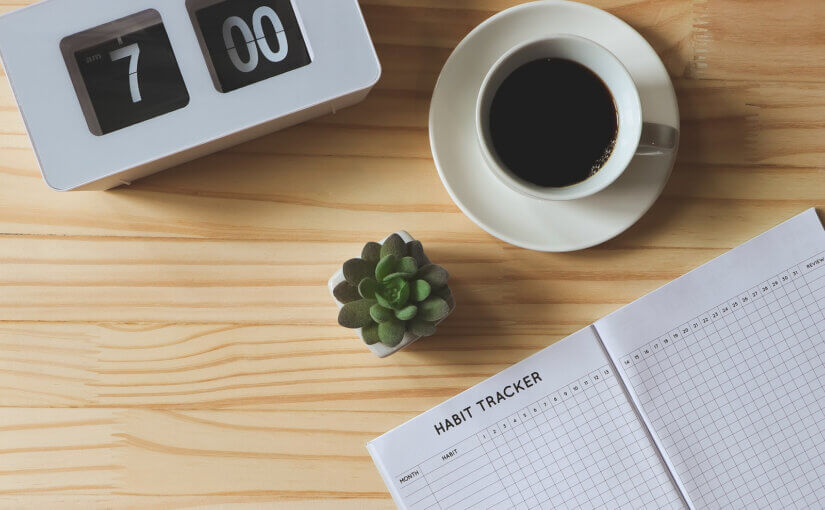The start of a new year is always a good time to set new goals or intentions. What better way to begin by focusing on your recycling habits?
In 2021, the UK saw an increase of household waste, and we discarded 27.7 million tonnes of rubbish. The problem with this waste is that it has an incredibly low recycling rate of 44.4% meaning most of this will go into landfill and pollute the planet for years to come.
To reduce the amount of damaging waste we produce, we need to make active changes. Here are some recycling habits you can start in 2024 to make a difference.
The recycling symbols and how they can help
The recycling symbols are the perfect guide for recycling. However, they’re only helpful if you know the different characters and their meaning.
A survey by Which? revealed that almost half of British consumers need help understanding the recycling symbols on product packaging. It’s important to understand the recycling symbols so you fully understand how to dispose of your waste properly.
If you need more confidence with the recycling symbols, we’d recommend researching so you can commit to your new recycling habit. There’s plenty of helpful guides online, such as this visual aid from Recycle Now.
How to recycle more
The key to beginning a new habit is to start with the basics of education.
With recycling, every region carries its own rules, which can complicate matters for those just wanting to ensure they’re doing things right. Check for recycling symbols on packaging and follow the recommendations. Some might only be recycled if it includes the lid, while others might need a part of the packaging that isn’t recyclable removed. Once you get into the habit of finding out whether the item can be recycled, the next step is actually doing it.
Consider having a separate bin inside your home dedicated to recycling. This makes it less likely to give into the dustbin, from which a recyclable item inevitably ends up in landfill. You can either have two separate bins or invest in a bin with two compartments so you can separate recycling from general waste.
Many areas don’t provide at-home glass recycling. However, it’s understandable if you can’t keep travelling to your local supermarket or glass recycling centre. Store used glass in a sturdy box to collect glass bottles. You can keep it in your garden shed if you have one and want to keep it out of the way.
However, it can help to remember that if you can’t reduce what you’re throwing away, there are other ways you can reduce waste.
Reduce food waste
Food waste is the one thing we all create, and unfortunately, the UK throws away around 9.5 million tonnes of food waste per year.
To help reduce food waste, we recommend educating yourself on product dates. If you look at any food product sold within the UK, you will notice it carries a sell-by, use-by, or best-before date.
- Sell-by date – This refers to when the product must be sold to the consumer. However, this doesn’t mean the food is nearly expiring, so you don’t need to worry about picking up these products.
- Best before – The best before date is about quality, not safety. After this date passes, the food is safe to eat — it just might not be of its best quality. Repair and upcycle to prevent waste.
- Use-by date – This is the date the product should be used. As it has a use-by date, this food can be consumed on this date but never after, as it may not be safe to eat.A
Repair and upcycle to prevent waste
Avoid the impulse to throw something away when you notice a fault. For example, losing a button from one of your shirts can be annoying, but that doesn’t mean it can’t be repaired. Buttons can easily be replaced — simply sew it back on and you’re good to go.
When you have items that need repair, plenty of professionals can help. Cobblers, tailors, and electricians can help fix old broken things. If something is broken, you could even gift it or resell it to someone who might relish a DIY repair project, making something new out of your something old.
Reuse packaging where possible
Eliminating packaging can seem like an impossible task. However, there are plenty of ways to go about it.
Most types of packaging can make great storage — things like jars and cardboard boxes can be reused to hold other things once cleaned. Throughout the year, think about ways to reuse or recycle all packaging you acquire to ensure it doesn’t go into landfill.
Why you should aim to recycle more
Recycling is essential to ensuring our environment is maintained, protected, and remains liveable.
Learning how to effectively recycle items means used materials are made into new products, reducing our consumption of the earth’s natural resources.
1,500 landfill sites in the UK produce methane, a potent greenhouse gas that damages the environment and contributes to the deterioration of the ozone layer. Recycling significantly reduces what’s amassed in landfills and protects our atmosphere by reducing the amount of items producing these damaging gasses.
Recycling also allows us to conserve critical raw materials and non-renewable sources for the future, protecting the environment. It can reduce the need to extract, refine, and process raw materials, creating air and water pollution, ultimately reducing the effects of climate change and offering a brighter future for the planet.
